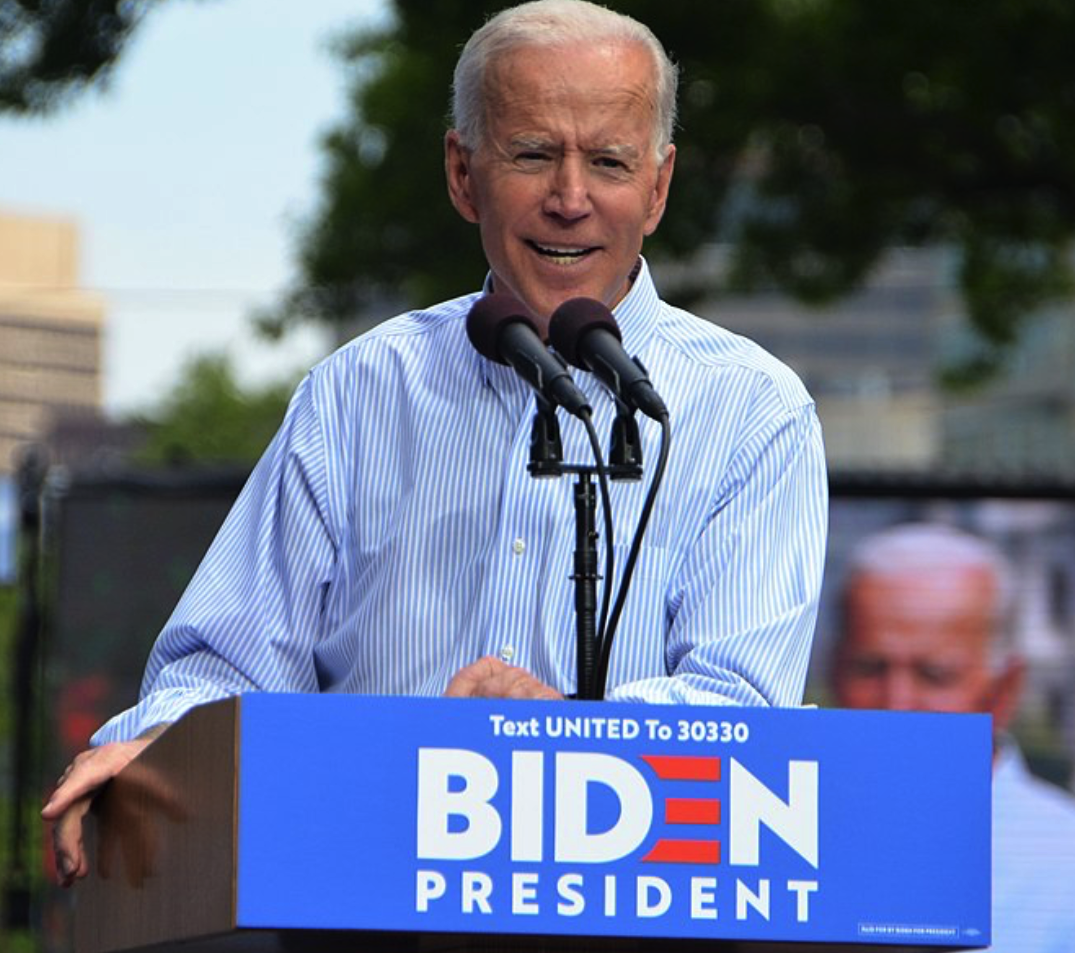
Andrew Thompson
Congressional Democrats are hoping to pass the “Build Back Better” plan, a budget proposal that would cost taxpayers $3.5 trillion and is crucial to President Joe Biden’s domestic agenda. President Biden proposed the plan at a joint session of Congress in April, but as a proud populist Democrat, I believe this legislation represents typical wasteful spending by the government and needs to be amended prior to its passage.
The new plan calls for government spending to apply for a ten-year period, and includes measures like expanding access to education, healthcare, changing the childcare support system, investing in infrastructure and combating climate change.
While reforms to these programs are necessary, the proposed reforms require an expensive price tag which taxpayers will have to pay.
However, other aspects of the proposal, such as providing tuition-free community college and pre-K, increasing infrastructure spending and the creation of a climate corps for green jobs must be passed since they will help working-class Americans.
The proposal of the bill comes not long after the U.S. Treasury warned the U.S. government that they will be unable to pay all obligations if the debt ceiling is not raised, since the agency will exhaust its borrowing capacity this month. According to the Committee For a Responsible Federal Budget, Mr. Biden’s proposal may require roughly $1 trillion of direct borrowing, thereby adding 9 percent of GDP to the debt.
“We have a bill that is literally the most expensive bill in the history of the United States,” said North Carolina Republican Rep. Richard Hudson.
Policymakers must remember this when making a decision on whether to pass the bill.
While the plan’s possible increase to the debt is concerning, the bill poses other potential economic consequences. For example, it would reduce the output of the U.S. economy, raise taxes and lower job opportunities. The Tax Foundation, a bipartisan think-tank headquartered in Washington, D.C., estimates that the plan “would reduce long-run economic output by 0.98 percent and eliminate 303,000 full-time equivalent jobs in the United States.”
I also oppose the way Democrats plan to pass the measure. Instead of investing in our country by encouraging bipartisanship, Congressional Democrats will utilize the reconciliation process in order to eliminate the need for Republican support.
When the Biden administration could have displayed an act of unity by urging Congress to pass the infrastructure compromise measure, they instead chose to cave to the demands of progressives, leading to the postponement of the bipartisan measure’s passage until the passage of the reconciliation measure as well.
The current version of the bill faces bipartisan opposition. Although the House Budget Committee approved the measure, Scott Peters, a Democrat from San Diego, joined all Republicans in opposing the measure. Democratic Senators Joe Manchin and Kyrsten Sinema also oppose the measure on the grounds of its cost.
“What I have made clear to the President and Democratic leaders is that spending trillions more on new and expanded government programs, when we can’t even pay for the essential programs, like Social Security and Medicare, is the definition of fiscal insanity,” Manchin said in a press statement.
President Biden’s proposed budget reconciliation legislation reflects this administration’s desire to participate in partisan bickering rather than helping everyday Americans.
Although an overwhelming majority of Americans support the bipartisan infrastructure plan, a PEW Research Center poll shows how only 49 percent of Americans support the reconciliation measure. This significant statistic in itself demonstrates how unpopular the bill remains. If the President wants to really help working-class Americans, he must call for amending the reconciliation proposal and the immediate passage of the bipartisan infrastructure plan rather than allowing the progressives to take over the Democratic Party’s goals.